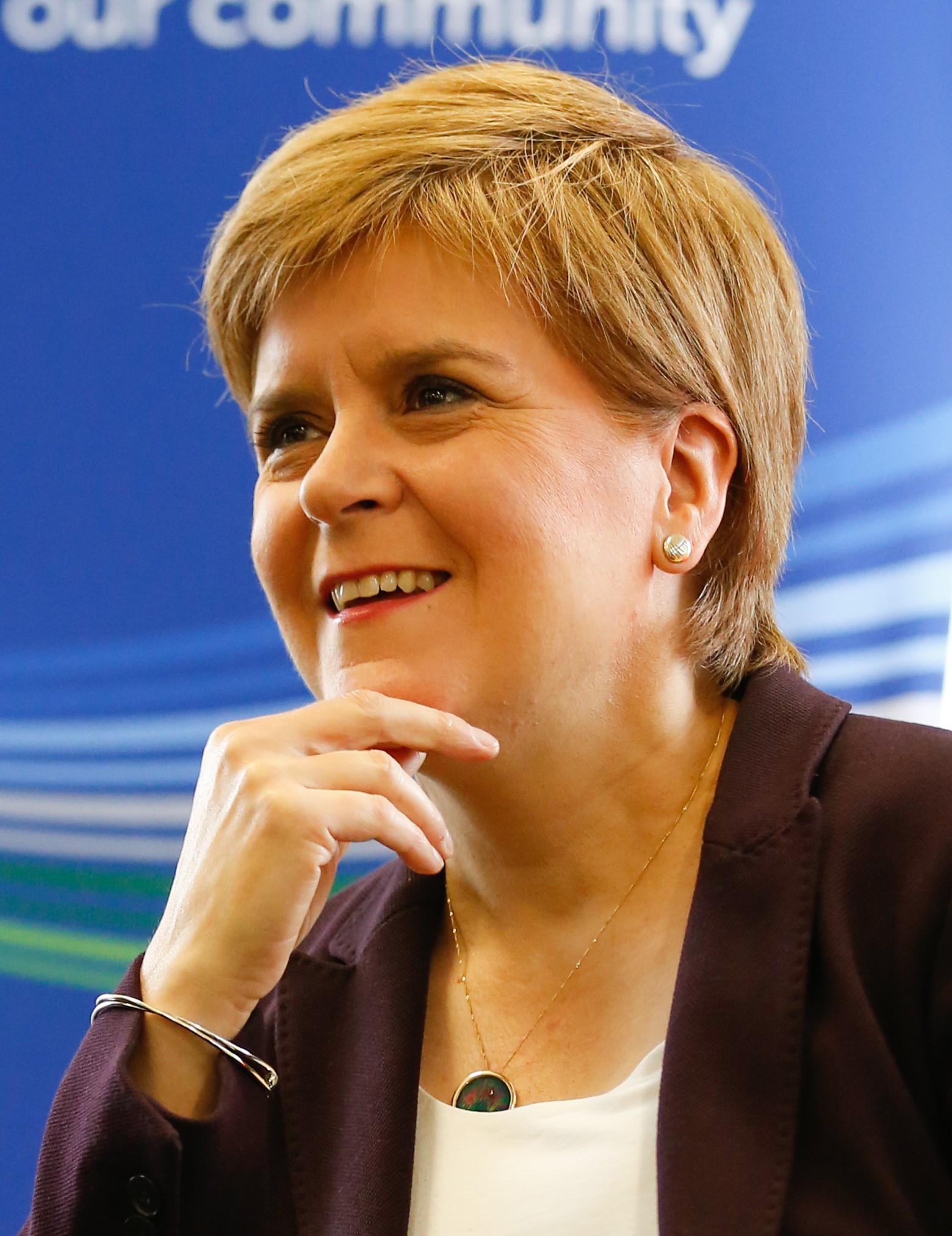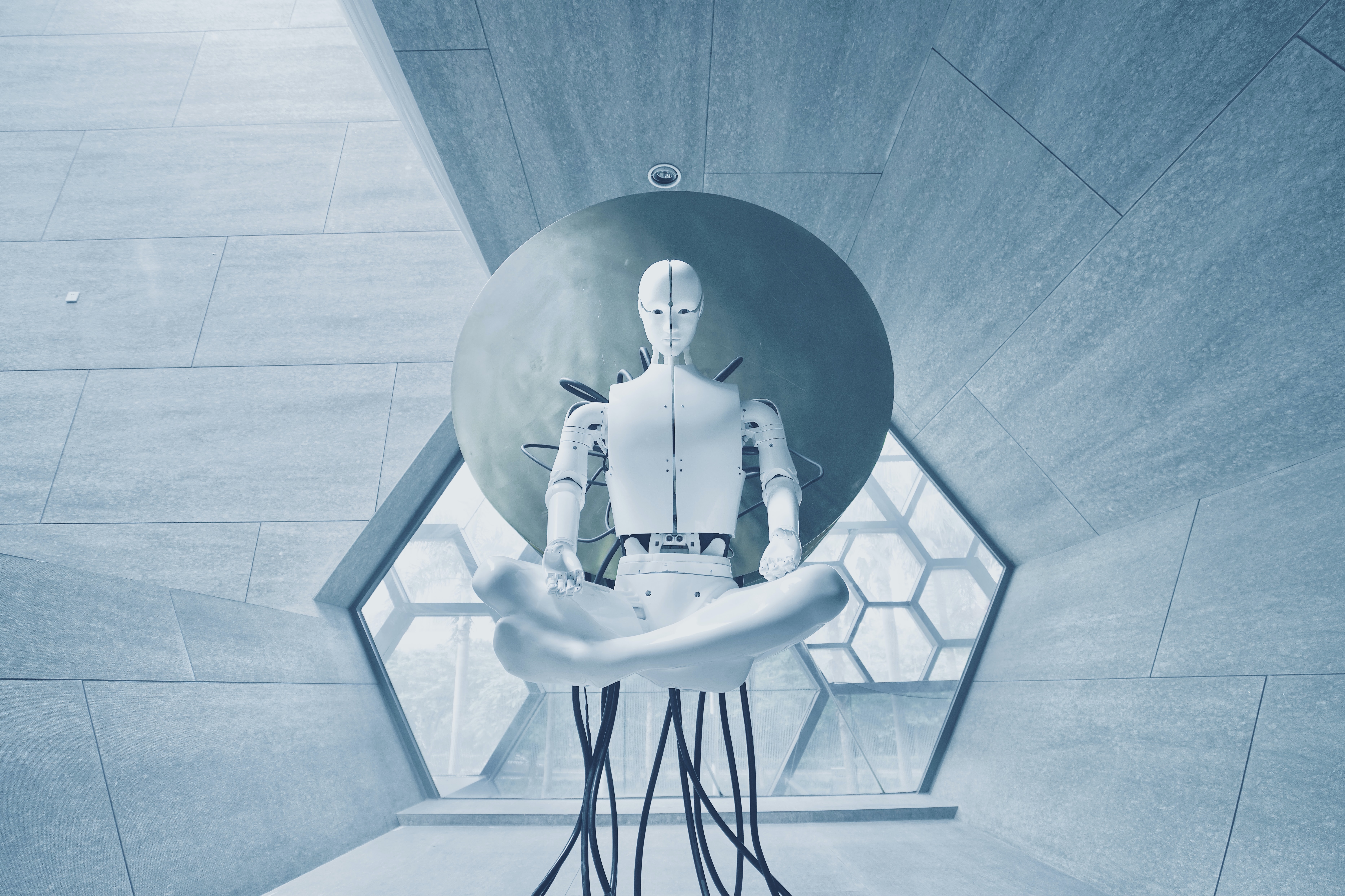Nicola Sturgeon, the leader of Scotland’s government, recently declared her intention to step down from her position after over eight years. During a media briefing at her home in Edinburgh, Sturgeon spoke of the difficulties she faced in making the decision, noting that the pressure of the job was unrelenting. She insisted that the choice was not motivated by any immediate issues and that the nature of political discourse had become more intense and brutal in recent times.
Sturgeon’s decision came as a surprise to many who had heard her say just three weeks prior that she had “plenty left in the tank” to lead both the Scottish National Party and the independence movement. She took over as party leader and first minister in 2014 after her predecessor, Alex Salmond, resigned following a failed independence referendum.
Nicola Sturgeon announced plans for another independence vote in 2016, but this was unsuccessful. In 2022, she asked the British Prime Minister, Boris Johnson, for a Section 30 order to enable Edinburgh to hold a vote, but he refused. The UK Supreme Court later reaffirmed that the Scottish government could not hold a referendum without UK government approval.
Sturgeon’s resignation deals another blow to the independence movement, which had already been left in a precarious position by the UK government’s hold over the British parliament. Sturgeon will remain in her position until a new first minister is elected by the Scottish National Party. She believes that the next British election will serve as a de facto vote on the likelihood of Scottish independence.



